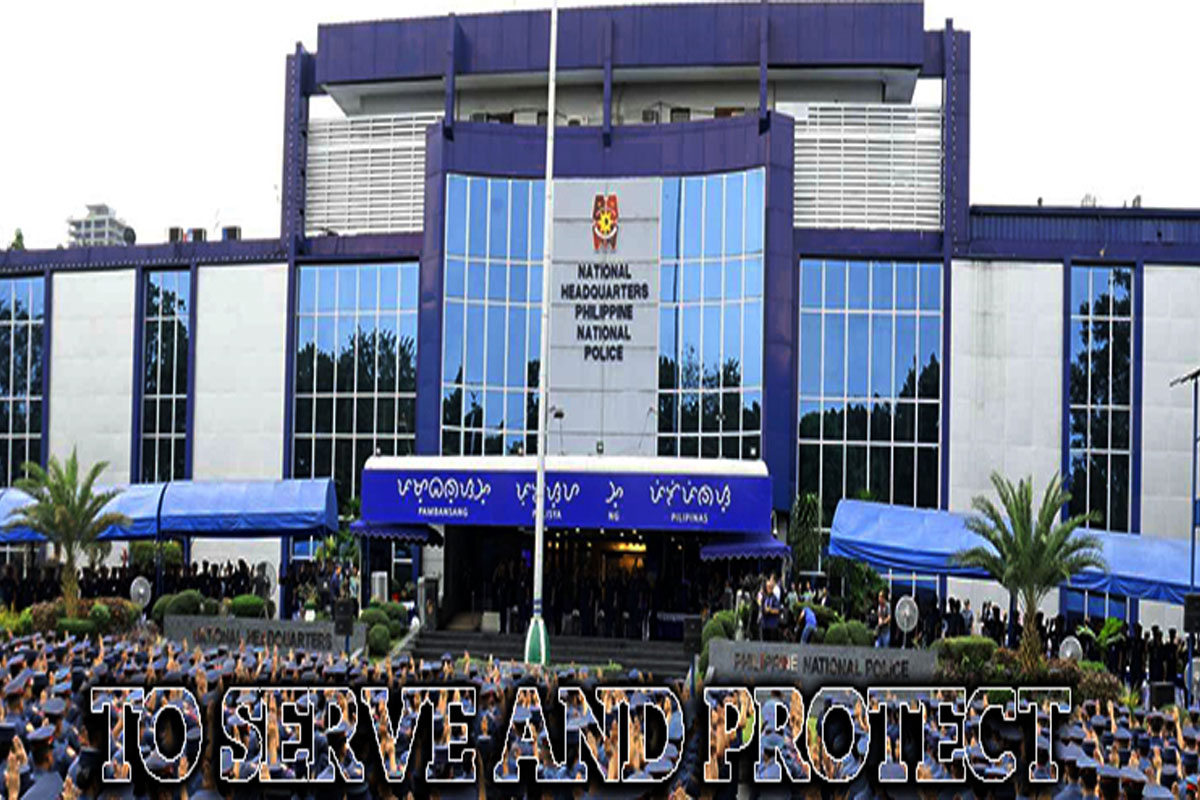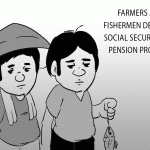
More than luck for Malabon
 THE RP-Mission and Development Foundation Inc. recently released its survey on the performance of congressional representatives.
THE RP-Mission and Development Foundation Inc. recently released its survey on the performance of congressional representatives.
On top of the ratings are 10 members of the lower chamber led by Ronald Zamora of San Juan City who scored 80 percent.
The other lawmakers in the list come from Las Pinas, Taguig Pateros, Navotas, Quezon City, Caloocan, Muntinlupa, Valenzuela City, Paranaque City, and Marikina City.
Apparently, no representative from Malabon made it to the slate. Maybe better luck for Malabon next time.
But I heard highly performing Malabon Mayor Antolin ‘Lenlen’ Oreta is eyeing to run as congressman of the city in the coming elections.
If Oreta decides to file his candidacy in October this year, then Malabon gets not only luck but a sure ticket to land in the next survey of highly performing district representatives.
Visit Malabon and you will know what this corner is talking about.
My take is that Oreta could even top the survey considering how he focuses on his job – the very reason for a lot of progress that transpired in Malabon under his watch.
Meanwhile, Caloocan placed sixth in the survey as its representative – congressman Dale Malapitan – garnered a performance rating of 65 percent.
This rating can go higher if Dale’s father – Caloocan Mayor Oscar ‘Oca’ Malapitan – joins the congressional race and wins.
Just like Oreta, Malapitan is admired and supported by people in Caloocan owing to his numerous accomplishments to improve the city and the plight of its residents.
If Dale wants that kind of affection from Caloocan folks, all he has to do is to follow the footsteps of his dad.
**
Alarmed by the increasing number of reported cases of children and adolescents already infected with COVID-19 amid woes of the Delta variant spread, the Save the Children Philippines has called on the government, parents, caregivers, and other stakeholders to work hand-in-hand with the urgency to protect children and youth from the virus.
Data presented by health authorities said over 48,000 children ages 19 and below have acquired COVID-19 as of February 2021 where 40.2 percent are from the 15-20 years old age group, 17.4 percent are ages 5-9, and 18.5 percent are ages 4 and below.
Globally, children account for up to 15 percent of confirmed cases.
While children may not belong to the “high-risk groups” and most Filipino children infected with COVID-19 remain to be mild as studies show, there is growing concern that the highly contagious Delta variant is more fatal to children, especially to those with comorbidities or who are less than one year old since their immune response is either compromised or not yet developed.
The symptoms of children should not be disregarded, said Dr. Cecilia Francisco, the movement’s director for Thematic Programs.
Children with COVID-19 generally have milder effects and better prognosis than adults but those who have underlying diseases have higher risks to experience severe illnesses, added Francisco.
Since inoculation of children against COVID-19 is not yet a priority and the country is still on its way to achieving herd immunity with around 26.6 million Filipinos vaccinated as of recent, Save the Children believes the greatest protection for children is for adults to get vaccinated.
The sooner this is done, the greater chances for children and adolescents to rise in the priority list.
The child rights organization believes that while adults are prioritized for vaccination, children must also continue to receive other life-saving immunizations and health nutrition services necessary for their survival.
The group called on the government to ensure that all children will have safe and inclusive access to basic childhood vaccines and receive routine immunization for vaccine-preventable diseases, even at the time of pandemic.
Lawyer Alberto Muyot, chief executive officer of Save the Children Philippines emphasized the call to parents, guardians, caregivers, and communities for them to act more responsibly around children by strictly adhering to the minimum health and safety protocols to protect themselves and their children from the imminent threats of the Delta variant.
The group has been supporting the Department of Health’s National Immunization Program through its health and nutrition programs which include nutrition-specific interventions and nutrition-sensitive programs, and has been working closely with Rural Health Units to promote and ensure full immunization of children at age 12 months.
This is also part of the Nurturing Care Framework included in the First 1000 Days ordinances based on Republic Act 11148 or the Kalusugan at Nutrisyon ng Mag-Nanay Act advocated by the organization to local government units.
We should act accordingly now.
**
For comments, please call or text 09569012811 or email [email protected]



















